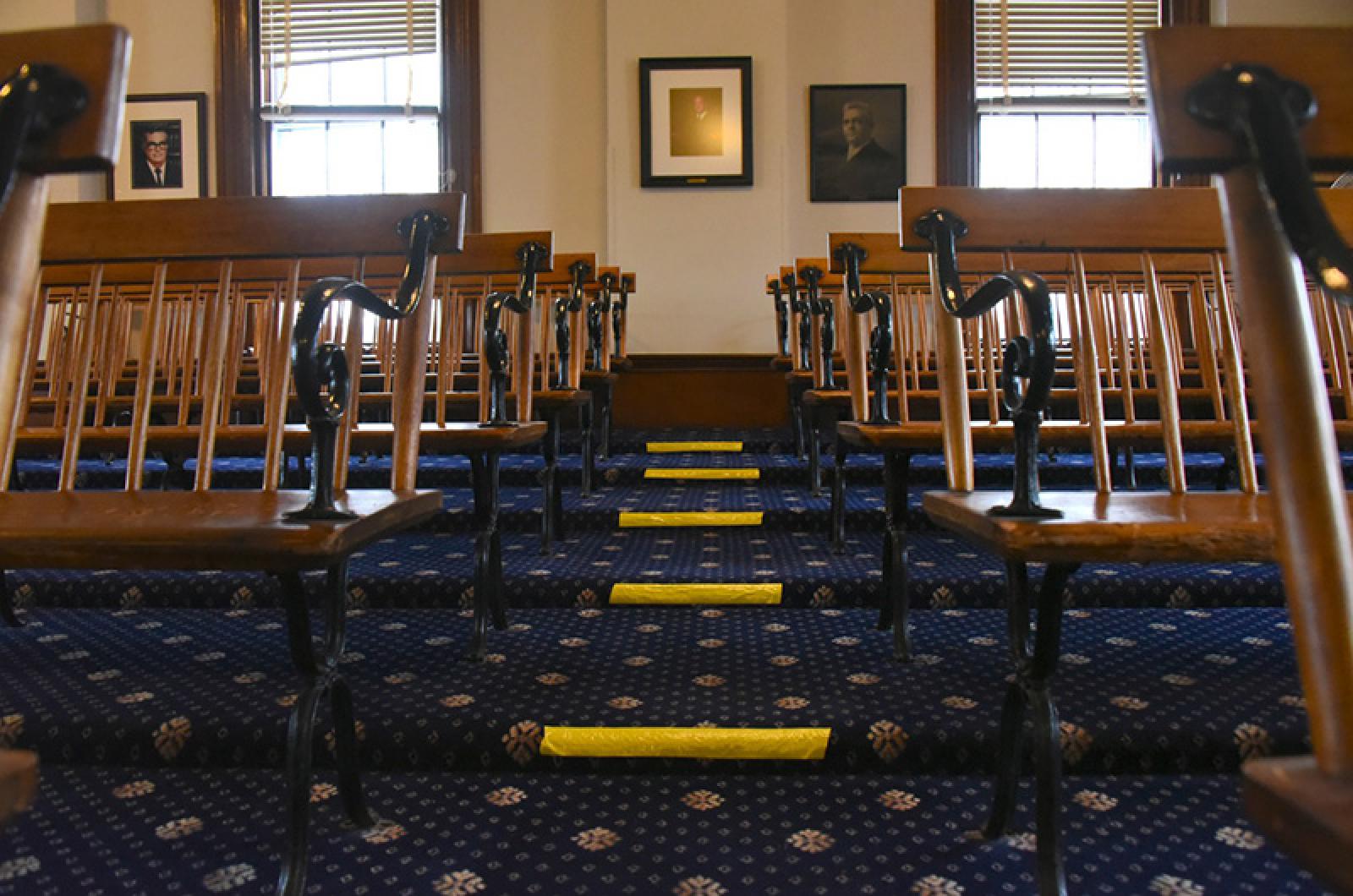Technology, and the myriad ways it can compromise personal privacy, has been much in the national news lately. Facebook CEO Mark Zuckerberg’s recent appearance before Congress underscored the degree to which federal lawmakers and regulators have failed to keep up with rapid changes in online communications to protect citizens from misuse of their personal information.
In a different way, technology also has the potential to thwart another right that Americans hold dear, that is, the right to know how its government makes decisions. And on this point, it is gratifying to see the Supreme Judicial Court of Massachusetts delve into the details of how people communicate today to clarify that — with few exceptions — deliberations of local government boards, whether conducted in person or through electronic means, must be open to the public.
The Supreme Court’s April 5 decision came in a case brought by citizens of the town of Wayland, who claimed selectmen violated the open meeting law when they exchanged performance reviews of the town administrator by email in advance of a public meeting.
The specifics of this case are more arcane than need to be laid out here, but included the small question of whether it mattered that the opinions were expressed in an attached document or in the email itself. It doesn’t mater, the court ruled. The takeaway for town officials is that, though email is a convenient way to communicate, it should not be used to deliberate or exchange opinions on town business.
Technology itself is without motive, but it begs regulation for the many ways it can be used both to expose and to hide information.




Comments
Comment policy »